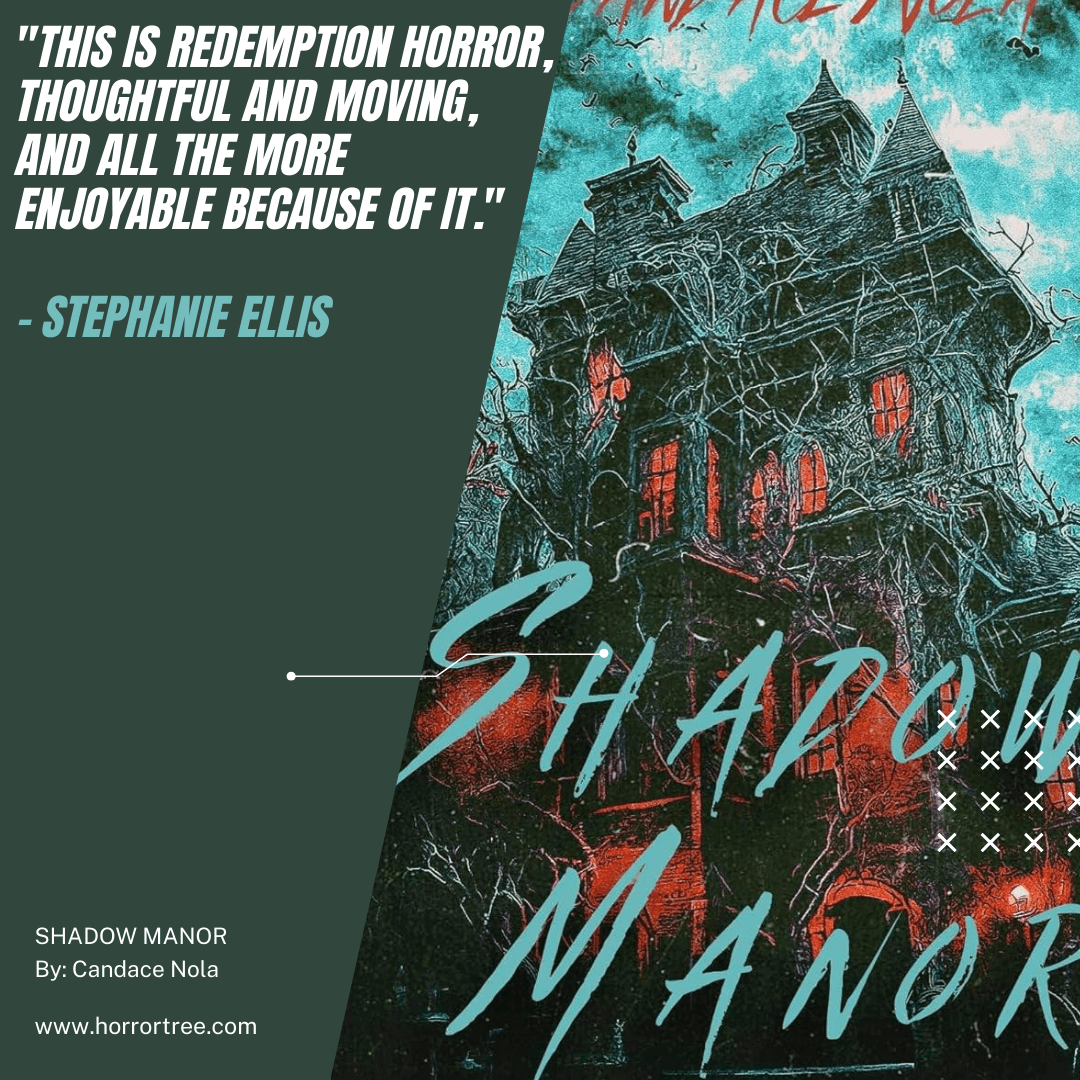Guest Post: The End Of The Guessing Game

The End of the Guessing Game
By Darren Todd
It’s the mid-nineties. Despite my fiction being unpublishable, I walk into the local library, hand over my license, and take their dictionary-sized volume of the latest Writer’s Market.
I spend a half-hour photocopying the horror markets as well as the “little/literary” listings, hoping they like teen angst.
But hark, what hope through MS Windows breaks? Writer’s Market online. Still thirty bucks, but I can track my submissions. I do so exactly once, and it has no effect on how frequently I’m rejected.
And then came Duotrope, and it was good. Or at least… free.
A few years later and Duotrope decides to charge just as Submission Grinder hops onto the scene, filling the void for all broke writers unable to cough up an annual fee.
Only, no matter how I apply the filters, I’m told that there are plenty of markets for my 15,000-word novelette. But there aren’t. I find scads of markets that claim to accept works from novels on down, in stark contrast to their site’s submission guidelines. Suddenly the same market that wanted any length work I find out caps submissions at a girthy 1,500 words.
That’s not to impugn the hard work of the people behind Submission Grinder or their ilk. I’ve found them extremely responsive and appreciative of market updates, but we can expect only so much from an unpaid skeleton crew.
So perhaps we can blame logistics. Call it a “pull model”, where authors are pulled to a site and meant to find markets after a little digging. But that’s like having a really good shovel and tossing loose dirt, but having no idea what you’re digging for. Hoping to stumble on the perfect market for your work when that pub is looking for it, in a list of dozens of other pubs is an exercise in futility.
And often what you’ll find, alas, are markets that universally suggest you read a sample issue of their magazine before guessing at whether your story fits. At ten bucks a pop, this is a fine way of going broke in a profession that isn’t exactly known for hefty remuneration.
Wouldn’t it be better if we could receive a list of markets in our inbox looking for specific content, spelling out exactly what they want, when they want it, and what they’re paying for it?
Enter the push model. Sign up for the right newsletters and you too can receive intel on what editors are actually looking for, instead of staring at the blank filters of pull model databases. For this, we can credit the recent boom of crowdfunded anthologies and the steady rise of genre-based markets.
Sure, push markets might feel a little restrictive. Maybe you don’t have a story idea for a five-thousand word tale about sea monsters that are actually guarding Atlantis.
Personally, for every smidge of compromise in crafting my ideas to fit push model markets, I have received in return a welcome payback: publication or – at the least – appreciation.
Sure, I still receive form rejection letters, but now I no longer feel that placing a story is based on luck. I know my work is what a pub is looking for and when they’re looking for it.
Whereas previously, submitting work conjured the odd words of former Secretary of Defense Donald Rumsfeld: “There are things that we know we don’t know.” What the hell markets actual want of us often falls into this elusive category. Ditto for perusing market databases.
By all means, read your markets. Buy content. Be the reader you long to have. With many pubs pasting gold standard stories on their site, there’s no excuse for avoiding research.
But in the meantime, push model newsletters are like a peek behind the curtain. I’ll sneak that peek before throwing a dart in the dark any day of the week.
Darren writes short fiction full time, along with freelance book editing for Evolved Publications and narrating the occasional audiobook for Audible, Inc. His short fiction has appeared in seventeen publications over the last eleven years. He has had two plays produced and a non-fiction book published. While many of his works fall under the literary umbrella, he often returns to horror. His style and reading preferences tends toward the psychological, as he enjoys stories that linger in the imagination long after he’s closed the book on them. He lives in Phoenix, Arizona with his wife and son, and does his best work in coffee shops on a dated Alphasmart word processor.











